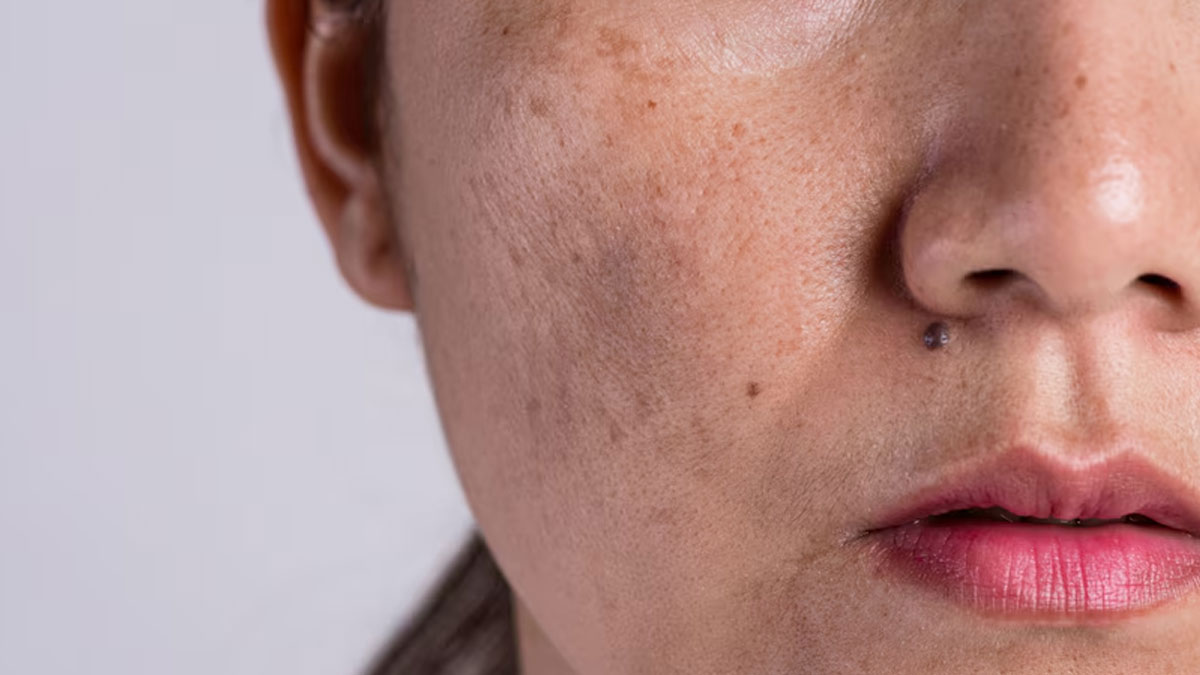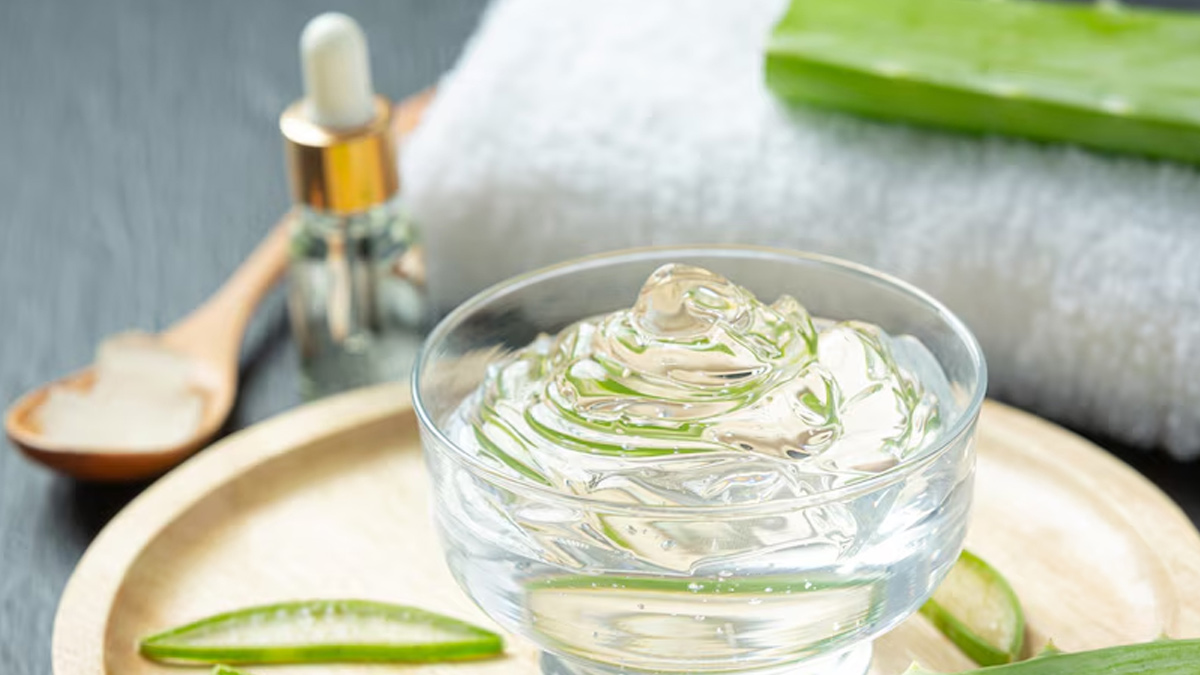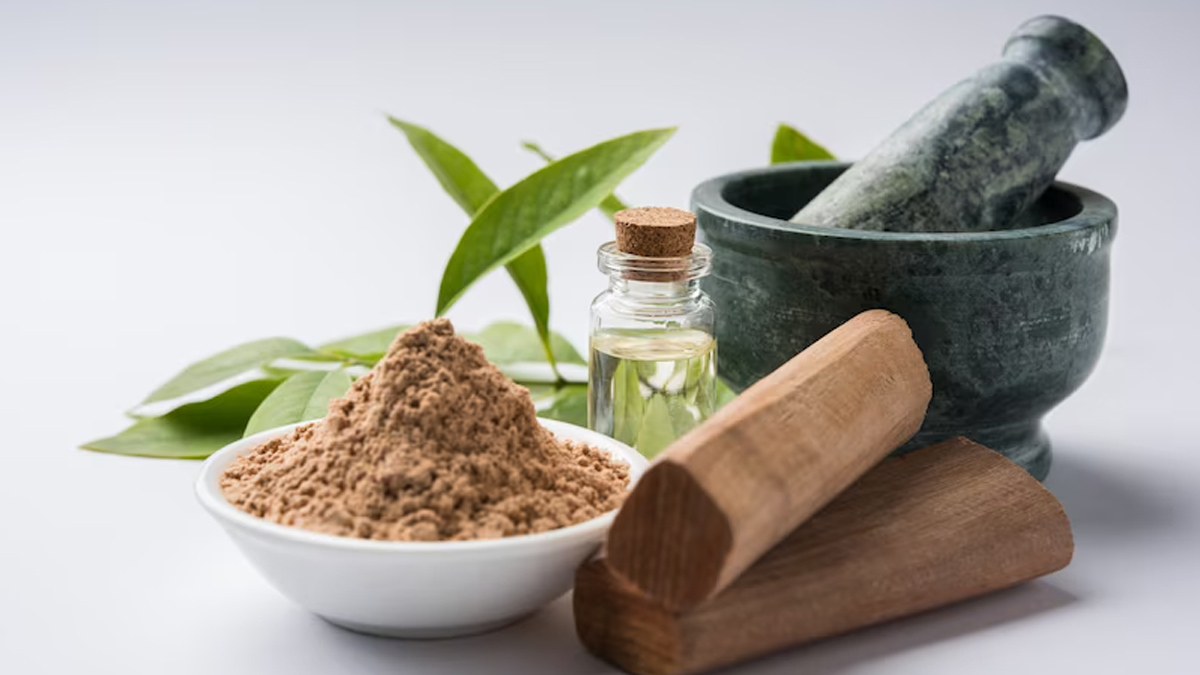
Melasma, often called the "mask of pregnancy," is a common skin condition characterised by dark, discoloured patches on the face. It predominantly affects women, particularly those with darker skin tones and those who are pregnant, using hormonal contraceptives, or undergoing hormone replacement therapy. Although melasma is harmless, it can cause significant cosmetic concerns.
Table of Content:-
In a conversation with the OnlyMyHealth team, Dr Madhumita Bhattacharya, Consultant, Dermatology, Fortis Hospital, Anandapur, Kolkata, told us about the causes of melasma. According to her, oestrogen and progesterone, the two sexual hormones in women and other hormones that stimulate melanocytes usually tend to increase during pregnancy, particularly in the third trimester. This makes women more susceptible to melasma. Several natural remedies may help lighten these patches and even out skin tone. Here’s a look at some effective home treatments for melasma.
1. Aloe Vera

Aloe vera is renowned for its skin-soothing properties. According to a study published by ScienceDirect, aloe vera contains mucilaginous polysaccharides that can lighten dark spots and enhance skin regeneration. Applying fresh aloe vera gel directly to the affected areas twice daily can help reduce the appearance of melasma. Leave it on for 15-20 minutes before rinsing off with lukewarm water.
2. Lemon Juice

Lemon juice is a natural bleaching agent due to its high citric acid content. Studies have shown that lemon can be helpful in lightening skin. Applying freshly squeezed lemon juice to the melasma spots can help lighten them. However, lemon juice can make your skin more sensitive to sunlight, so it’s crucial to rinse it off thoroughly and apply sunscreen before going outside. Use this remedy once or twice a week for best results.
Also read: Power Of Lemon In Summers: Know 8 Health Benefits Of Lemon
3. Apple Cider Vinegar

WebMD says apple cider vinegar (ACV) contains acetic acid, which has been shown to lighten pigmentation. Mix equal parts of ACV and water, and apply it to the dark patches with a cotton ball. Leave it on for a few minutes before washing it off with lukewarm water. Use this remedy daily for a few weeks to see improvements.
4. Turmeric

Turmeric is a powerful anti-inflammatory and antioxidant. Its active compound, curcumin, as per studies, can help reduce melanin production, thus lightening dark spots. Mix turmeric powder with milk or honey to form a paste, apply it to the affected areas, and leave it on for 15-20 minutes before rinsing off. Using this remedy two to three times a week can yield noticeable results.
Also read: Haldi Doodh: Health Benefits Of Drinking Turmeric Milk In Winter
5. Papaya

Papaya contains an enzyme called papain, which promotes skin exfoliation and regeneration. Mash a ripe papaya into a smooth paste and apply it to your face. Leave it on for about 20 minutes, then rinse off with lukewarm water. Regular use can help fade melasma spots and improve overall skin texture.
6. Green Tea Extract
Green tea extract is rich in antioxidants that can help reduce pigmentation, according to a study. Soak a green tea bag in hot water, let it cool, and then apply it to the melasma spots. Alternatively, you can use green tea extract in your skincare routine. Regular application can help lighten dark spots and protect your skin from further damage.
7. Sandalwood

Sandalwood has skin-lightening properties and can help reduce pigmentation. Mix sandalwood powder with rose water to create a paste, and apply it to the affected areas. Leave it on until it dries, then rinse off with lukewarm water. Using this remedy regularly can help improve skin tone and reduce melasma.
Conclusion
While these home remedies can be effective in treating melasma, it’s important to be patient and consistent, as natural treatments often take time to show results. Additionally, protecting your skin from sun exposure is crucial, as UV rays can exacerbate melasma. Always apply a broad-spectrum sunscreen with at least SPF 30 before stepping outside. If your melasma persists or worsens, consult a dermatologist for professional advice and treatment options.
Also watch this video
How we keep this article up to date:
We work with experts and keep a close eye on the latest in health and wellness. Whenever there is a new research or helpful information, we update our articles with accurate and useful advice.
Current Version